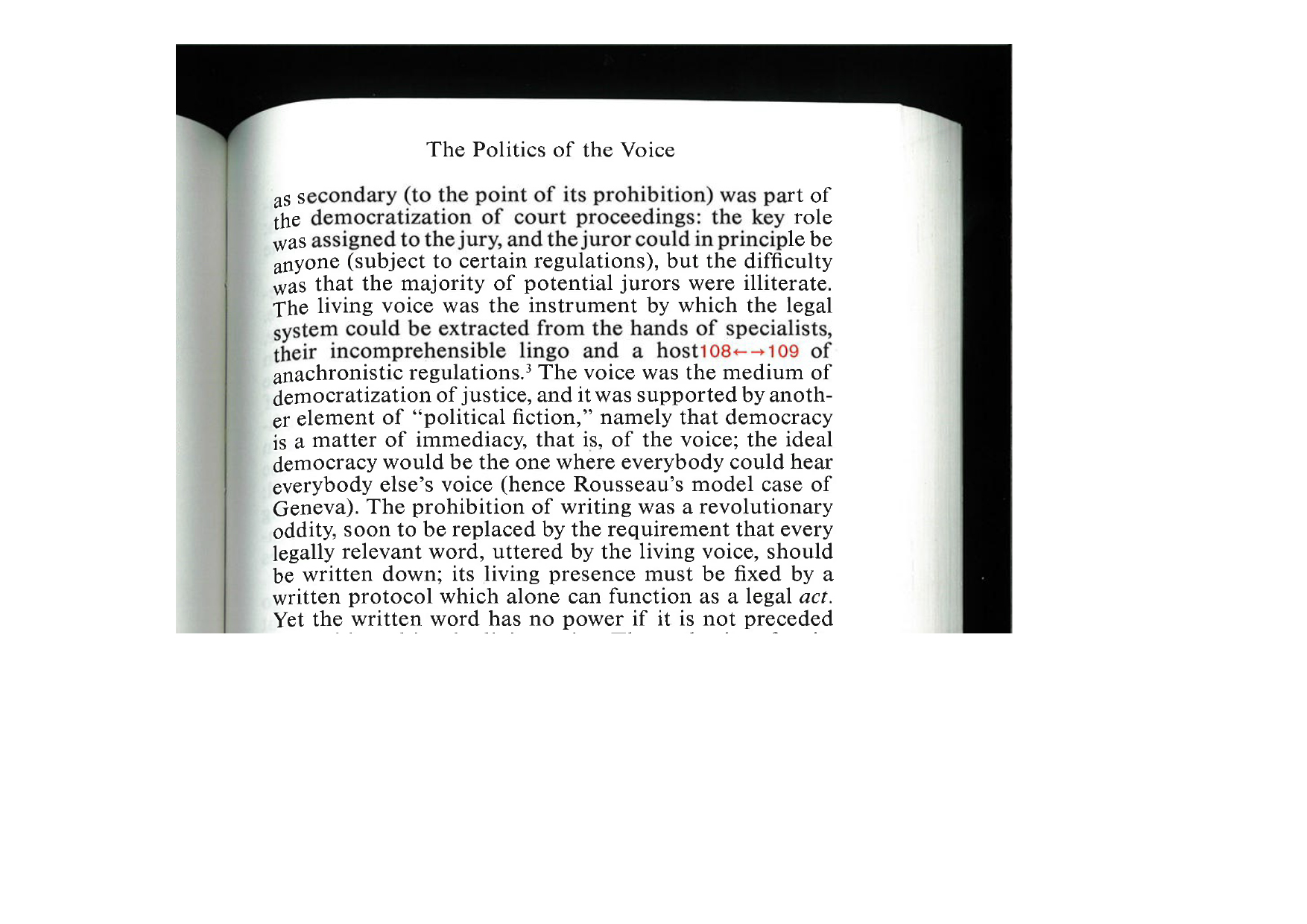repaginating

see also being kind to the reader, cleaning up text, editing, rebinding, reprinting, republishing, rereferencing
The simplest solution is to just print the source publication, but sometimes you might want to lay the text out again using a different format, font or layout, for reasons not worth going into in detail here. This means either the original text flow and page numbers should be the same, or there must be some references in the bootleg to the source publication.
Some observations and methods:
- Justified text saves space and gives much more control over where to break the page.
- The most basic reference system is to include an index that specifies which page in the source publication matches the bootleg. However, this is not so useful when setting text for a page (e.g. PDF), and more useful for EPUBs, which don’t have the notion of a page.
Inserting page numbers directly into the text can indicate where the page breaks in the source publication. This is quite time-consuming, but it allows you a lot of freedom for variation between fonts, page and type size, text-block dimensions and page count.
Image: A page from a bootleg of Mladen Dolar’s A Voice and Nothing More, implementing new page numbers to mark the page breaks of the source publication
